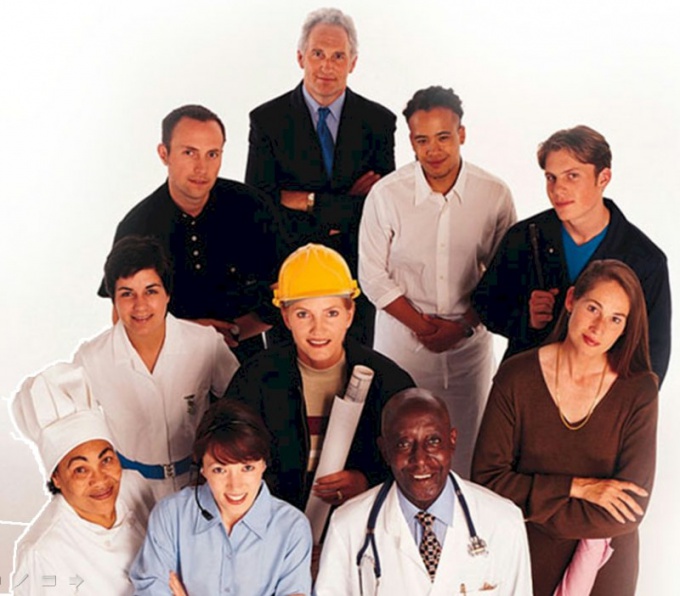Indicator of the skill of the worker can be level, diploma, existence of the title or academic degree. In many large enterprises, institutions have created a system of training workers, where they can learn new skills or undergo training to improve their skills. In our country the scope and level of knowledge, practical skills individuals must comply with the provisions ETCs (Unified tariff and qualification directory).The definition of skill is of great importance when establishing the tariff rates, official salaries of employees. Its level depends on the level of wages, and opportunities for further professional growth. Russia has a number of normative-legal acts that define and set the level of pay for different categories of workers. It's separate orders of ministries and departments. For some categories, the qualification is not determined by the category of the Unified tariff, and the gradation of posts. For example, this applies to civil servants of the Russian Federation. The labour code of the Russian Federation pays great attention to professional development issues. Under article 196, the need for training or retraining for the needs of the enterprise determined by the employer. He conducts training of the employees or the organization (courses, lectures, seminars, training), or educational institutions (special programs). The procedure for training workers is determined by collective agreement, contract of employment or collective agreements. In addition, the labour code requires in some cases an employer to conduct training. Such cases directly envisaged by law or other normative-legal acts. According to the Labor code to workers who complete training, the employer is obliged to create the necessary conditions for combining studies with work and to provide social guarantees established by the legislation, normative legal acts, collective or the employment contract.
What is the qualification
The qualification is called a degree of suitability to any kind of labor and the level of professional skill. The qualification is expressed by the level of training, experience and knowledge required to perform a specific job. The qualification is awarded after graduation, in addition, it can be improved in the process.

Is the advice useful?






